This is a post in my series on organizing ”between and beyond.” Other posts are here. This is a retrospective of what has happened during the week. The purpose is to reflect on the work itself. Here is my previous retrospective. Here is my next retrospective.
What has happened? What needs to be done?
Three new books arrived this week:
- The Lost Language of Plants by Stephen Buhner.
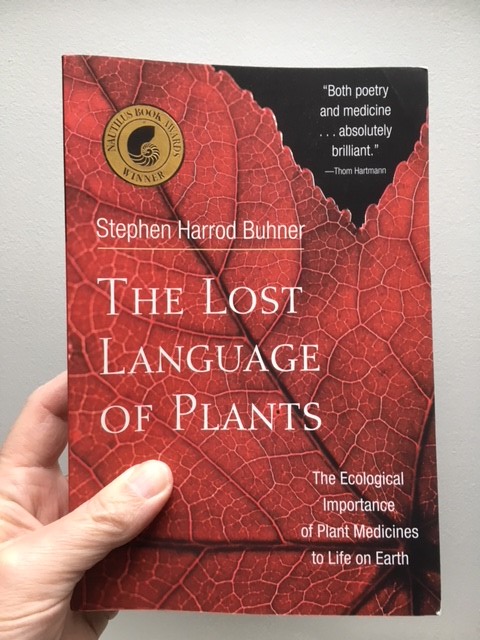 This book explores the complex, multidimensional, intricately connected, living organism that we call Earth. Stephen Buhner has become one of my favorite authors. This is the fourth book of Buhner which I am reading.
This book explores the complex, multidimensional, intricately connected, living organism that we call Earth. Stephen Buhner has become one of my favorite authors. This is the fourth book of Buhner which I am reading. - The Myths We Live By by Mary Midgley.
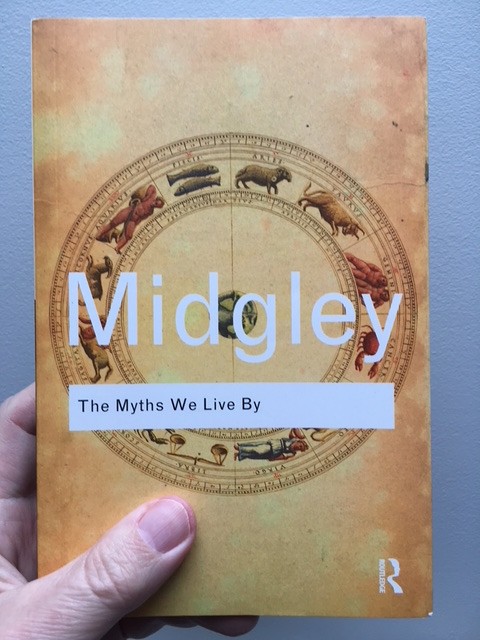 Myths are everywhere. In political thought they sit at the heart of theories of human nature and the social contract; in economics in the pursuit of self interest; and in science in the idea of human beings as machines.
Myths are everywhere. In political thought they sit at the heart of theories of human nature and the social contract; in economics in the pursuit of self interest; and in science in the idea of human beings as machines. - Beyond the Limits of Thought by Graham Priest.
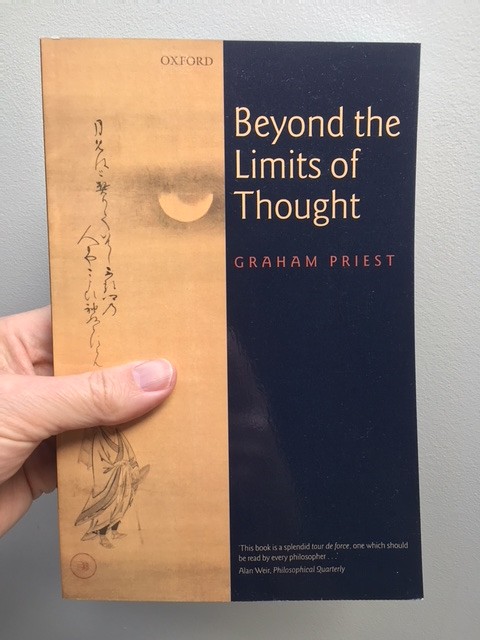 This book investigates the nature and the limits of thought. The book is a blend of logic and the history of philosophy.
This book investigates the nature and the limits of thought. The book is a blend of logic and the history of philosophy.
Last month, I read Masanobu Fukuoka’s first and last major works, The One-Straw Revolution and Sowing Seeds in the Desert. Masanobu Fukuoka criticizes our willingness to reduce life to what is know about it, and to act on the assumption that what we don’t know can safely be ignored. One principle that Masanobu Fukuoka followed was to consider how one could do as little as possible. This was not because he was lazy, but because of his belief that if nature were given the opportunity it would do everything on its own. Here is a compilation of my tweets from my reading Fukuoka’s books.
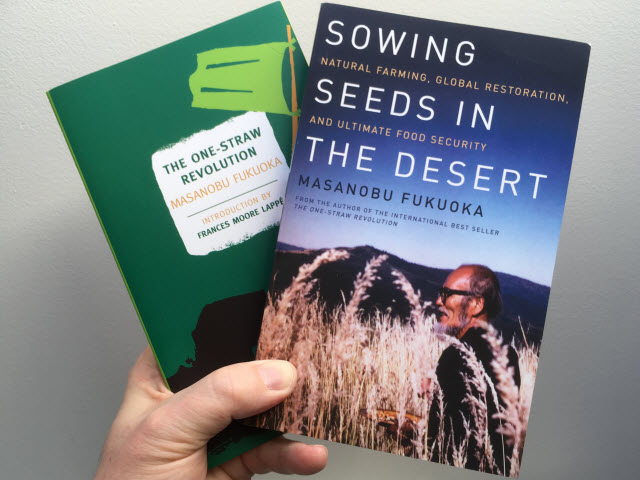
I am currently reviewing Eugene Gendlin’s book Experiencing and the Creation of Meaning. It’s a most interesting book which I mentioned in this retrospective last year. Experiencing, as defined by Eugene Gendlin, is directly related to the deeper generative order for organizing which I’m so interested in. I will post a review of Gendlin’s book next week.
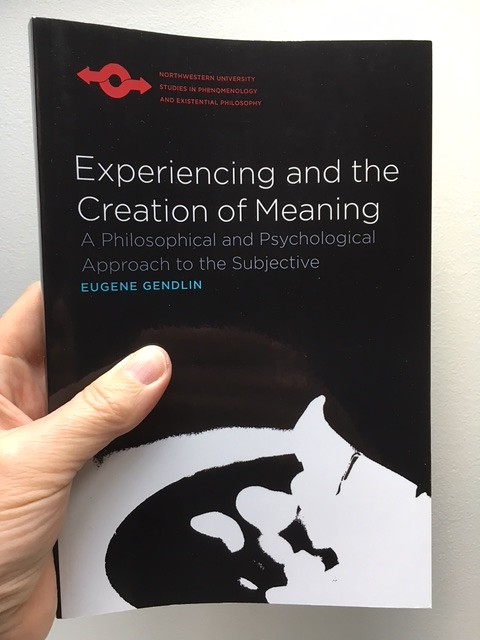
What was good? What can be improved?
I am glad that I finally got started with my review of Gendlin’s book. David Bohm and Eugene Gendlin’s thinking are cornerstones in this work. There are interesting parallels between Gendlin and Bohm:
- Bohm talks about the implicate and explicate, while Gendlin talks about the implicit and explicit.1
- Bohm explores the nature of consciousness, with particular attention to thought. Gendlin explores experiencing, with an emphasis on the ability to think with the intricacy of the situation.2
- Bohm proposes that there is order in all aspects of life.3 So does Gendlin, who describes nature as a responsive order.4
- Bohm thinks that all action, including inaction, takes place immediately according to the meaning of the total situation at the moment.5 Gendlin thinks that we orient ourselves in situations, and make appropriate responses, all on the basis of felt meaning,6 which is present whenever actions and situations occur that have meaning to a person.7
I think that Gendlin’s experiencing and creation of meaning is a Bohmian soma-significant activity, which gives rise to further signa-somatic activity.8
Notes:
1 Eugene Gendlin, Experiencing and the Creation of Meaning: A Philosophical and Psychological Approach to the Subjective (Northwestern University Press, 1997, first published 1962), p.xiii.
2 Ibid., p.xii.
3 David Bohm and F. David Peat, Science, Order, and Creativity (Routledge, 2010-09-01, first published 1987-10-01), p.146.
4 Eugene Gendlin, Experiencing and the Creation of Meaning: A Philosophical and Psychological Approach to the Subjective (Northwestern University Press, 1997, first published 1962), p.xix.
5 Paavo Pylkkänen (editor), The Search for Meaning: The New Spirit in Science and Philosophy, (Crucible, 1989), p.57.
6 Eugene Gendlin, Experiencing and the Creation of Meaning: A Philosophical and Psychological Approach to the Subjective (Northwestern University Press, 1997, first published 1962), p.68.
7 Ibid., p.70.
8 Paavo Pylkkänen (editor), The Search for Meaning: The New Spirit in Science and Philosophy, (Crucible, 1989), p.46.
Related posts:
Organizing in between and beyond posts
Leave a Reply
You must be logged in to post a comment.